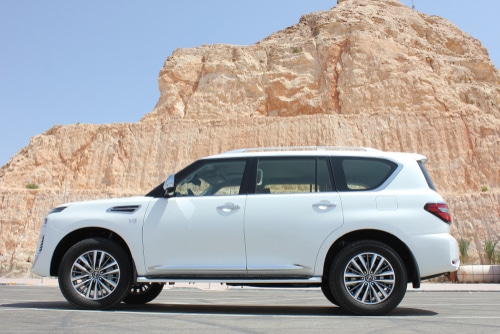
Your Nissan Patrol’s ABS Light comes on when it fails a self-diagnostic cycle. When on, it indicates that your vehicle does not have Anti-Lock brakes and the safety they provide.
Your Patrol’s ABS system uses a system of sensors to determine wheel speed when braking. If one of the wheels starts to lock up, it’ll apply the maximum amount of brake to that wheel to keep it from sliding.
Not all scanners pick up ABS codes. A scanner that can read them is vital to diagnosing why your Nissan Patrol’s ABS light is on.
Nissan Patrol ABS Light On Causes
A good code scanner will often tell you which part of the ABS system failed. Not every OBDII scanner will give up this information. A good one will. Most auto parts stores will have a free scanning service they would gladly let you utilize.
Here are the five most common reasons the ABS Nissan Patrol’s ABS light comes on:
1. Wheel Speed Sensor
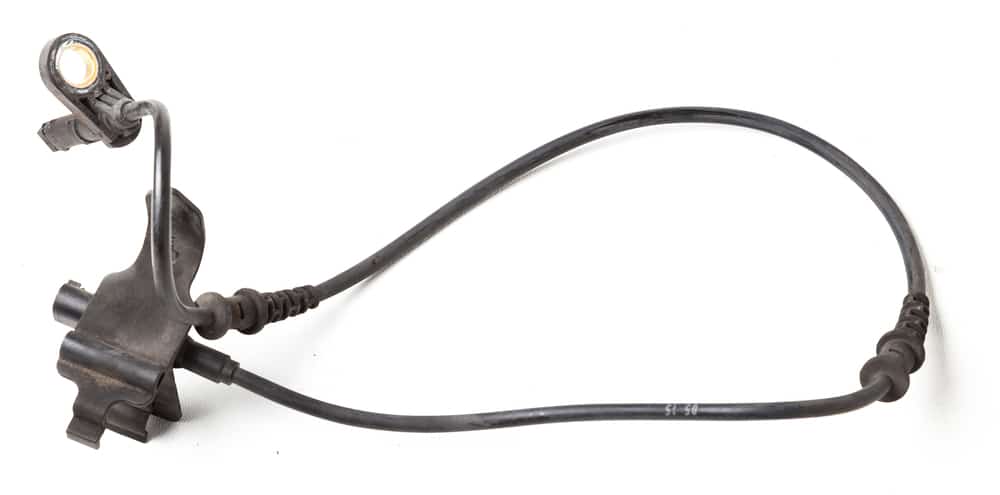
A bad wheel speed sensor is the most common reason the ABS light comes on.
There is a wheel speed sensor on each of your Nissan Patrol’s hubs. Wheel speed sensors monitor the rotational speed of each wheel and send it back to the ABS module.
If one of the wheels is moving slower than the others, the ABS module recognizes that it is about to lock up. It reduces brake pressure on that particular wheel to keep it from doing so.
When the wheel speed sensor no longer sends a signal to your Patrol’s ABS system (or the voltage value is out of range), the ABS light will be activated.
Your Patrol’s stability assist shouldn’t be working if there’s a wheel speed sensor problem.
2. ABS Module or Pump
The only sign of an ABS module problem should be a trouble code.
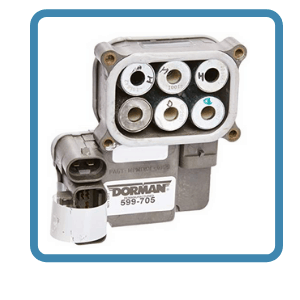
The ABS module controls the antilock brake system. If it becomes damaged and can no longer control all four brakes, the ABS light will activate.
The ABS pump can reduce the brake pressure at each wheel, which keeps them from locking up.
Typically, corrosion is the most common reason why the ABS module fails.
3. Low Brake Fluid
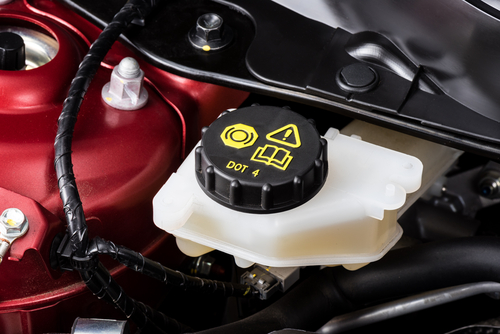
The brake warning light should also be on. There may be a squishy pedal.
Start here if your brake warning light is on. It’s not as simple as pouring more fluid in. You’ll need to determine how the fluid got out and repair the leak.
If the fluid reservoir level is too low to keep pressure in the ABS lines, the ABS light will come on. Without the proper pressure, the ABS system will no longer be able to activate physically.
4. Low Tire Pressure
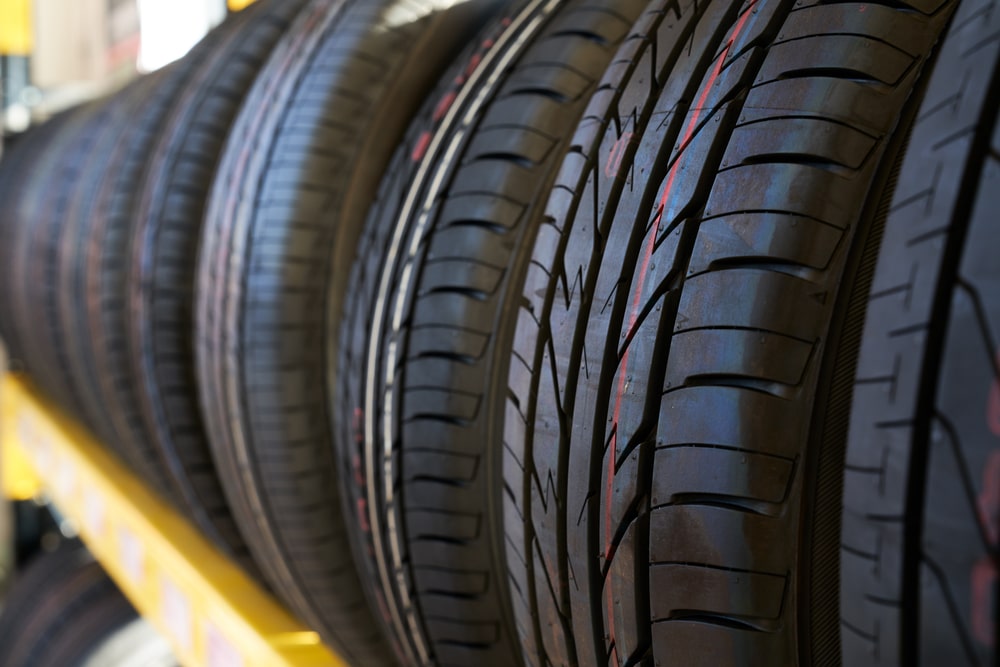
Appears with the low tire pressure light.
Extremely low tire pressure can cause your Patrol’s ABS light to come on. When the tire pressure gets low, it effectively reduces the diameter of the wheel and tire combination. Inflating the tires can get you back on the road.
5. ABS Fuse
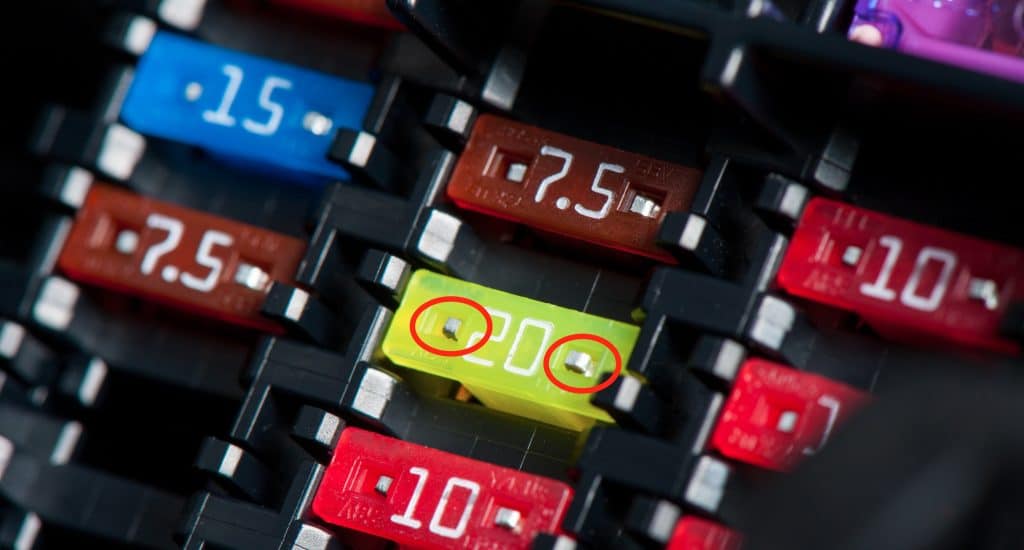
If the fuse/relay to the ABS module has blown, the ABS light will activate. To find its location, you’ll need to reference the owner’s manual for your Patrol’s model year and engine combination.
ABS Light on Fix
If the ABS light is on, the PCM will have a related code stored in its memory. That’s the starting point for diagnosing an ABS light in the Nissan Patrol.
Scan Your Patrol for Brake System Codes
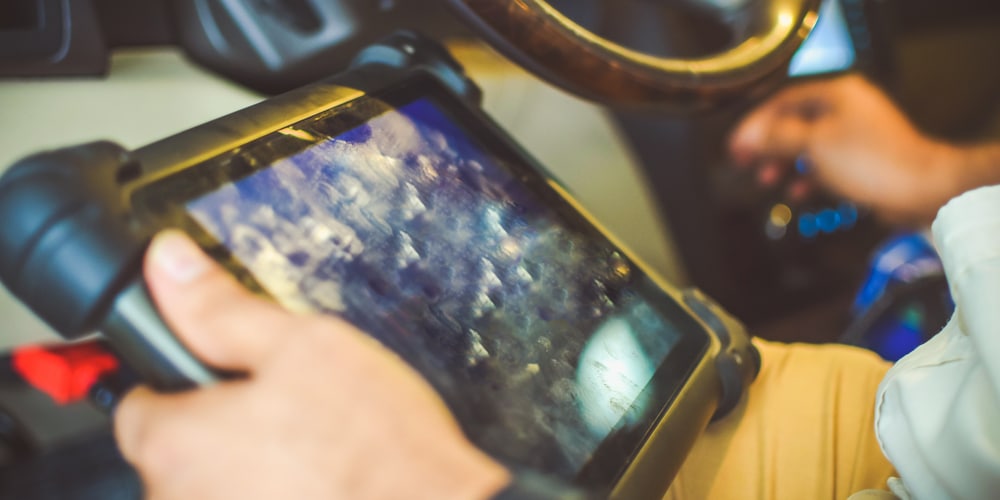
Brake system trouble codes will tell you what part of the brake system needs to be addressed. Here are some of the most common ones.
- C0128- Low Brake Fluid (Circuit Low)
- C0035, C0040, C0041, C0045 – Wheel Speed Circuit Malfunction (each code represents a specific wheel).
- C0290-292 – Communications lost with the PCM or BCM
Here’s a list of every ABS code.
Common Fixes
The most common fix for an ABS light that is on is to repair a wheel speed sensor, followed closely by low brake fluid.
A code scanner can help speed the diagnosis along, but there is some anecdotal evidence you can use:
- Brake warning light on: The brake fluid reservoir may be low.
- TPMS (tire pressure) light: A tire is so low that the wheel speed sensor on its hub is reporting it’s turning faster than the other wheels.
- Traction control light: It’s likely a wheel speed sensor-related issue if you’re getting a traction control warning.
Is it Safe to Drive Your Patrol With the ABS Light On?
Your Patrol’s anti-lock braking system is a safety feature that prevents the wheels from locking up, which keeps you in control of the direction the vehicle is moving during hard braking.
Assuming the brake system warning light isn’t on with the ABS light, you can still drive your Patrol. The ABS light is different than the brake warning light itself. The brake warning light indicates a problem with the physical braking system and that your Patrol is unsafe to drive.
Yes, you can drive your Patrol with the ABS light on. But is it safe? Unfortunately, it’s not as safe, especially when it’s raining, snowing, or the road surface is loose/uneven. That’s why we recommend having the ABS system fixed as soon as possible.
Conclusion
Wheels that are turning will slow your Nissan Patrol faster than a wheel that locks up. Skidding tires will get a flat spot quickly, which can be inconvenient and dangerous.
ABS also allows you to steer your vehicle while slowing down and has been around for so long that many drivers have never driven a vehicle without it.
It is not advisable to ignore your Nissan Patrol’s ABS light. Most of the time, the wheel speed sensors are going to be what triggers it. If there is anything you would like to add, please leave a comment below. Good luck!

